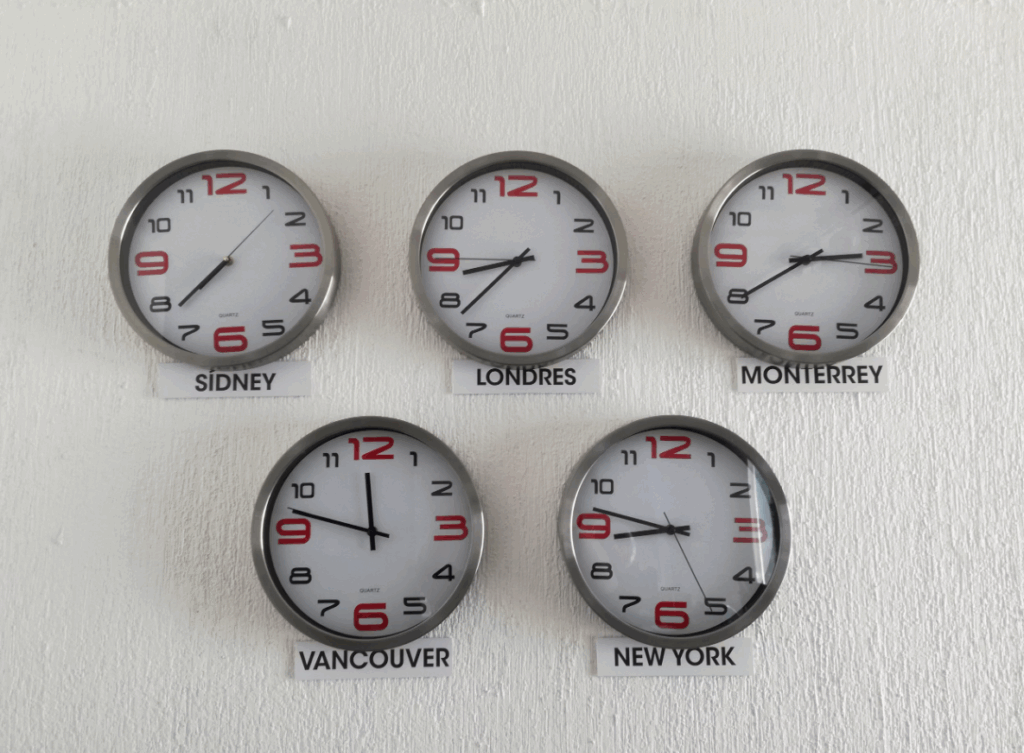
Outsourcing MSP staff support has become one of the smartest, most innovative ways for Australian businesses to scale efficiently. It enables companies to access global talent, reduce overhead costs, and maintain 24/7 coverage without overextending their internal teams. Still, this approach isn’t without its challenges, especially when coordination spans continents. In other words, outsourcing MSP staff support for Australia is a unique thing.
Time zones are the obvious hurdle, but they’re not the only one. Differences in work ethics, legal frameworks, and communication styles can affect collaboration. If left unaddressed, these factors can hinder your team’s progress or even disrupt service delivery. However, none of this makes outsourcing a bad idea—just one that requires forethought, preparation, and choosing the right MSP staff outsourcing company.
You see, successful teams don’t stumble into smooth operations by accident. They plan for it. The businesses that make it work are the ones that prepare ahead, setting up the right processes, hiring the right people, and bridging cultural gaps before they become roadblocks. Here are some tips to help you get there faster.
Know Your Time Zone Advantage (and Limitation)

If you’re working with someone in another country, there’s a good chance they’re not waking up at the same time as you. That doesn’t have to be a problem—it can actually be a strategic win. You see, a well-planned handoff system can make it feel like your business never sleeps, even when you do.
Specialists from a renowned MSP staffing agency claim that there’s no need for every team member to be online at the same time. Instead, focus on creating one or two overlapping hours where people from both teams can meet, sync up, and share updates. These short daily overlaps go a long way in building trust and clearing up confusion.
The hours when your overseas team works and you don’t can be incredibly productive for getting through repetitive tasks or overnight support tickets. Things like system patching or report generation can happen while you’re offline, and you’ll wake up to results instead of reminders. This is one of the underrated benefits of MSP outsourcing for Australia—it turns time zone challenges into around-the-clock operations.
Time zones can cause misfires if you’re not careful. That’s why automation can help bridge those quiet gaps. Things like automated status updates, ticket routing, or email responses can keep everything moving while you wait for someone to come online. The key is to plan for the delay, not be surprised by it.
Understand Local and Foreign Work Ethics
People don’t always approach work the same way, and that’s not a bad thing; it just means you have to talk about expectations early. Some cultures value hierarchy, while others lean toward collaboration. The sooner you understand where your team lands on that scale, the easier it is to find common ground.
Specialists in outsourced MSP staffing services warn that you shouldn’t assume silence means agreement. In some places, pushing back against a task isn’t part of the workplace norm, even if the person has no idea how to do it. You’ll get better results by encouraging questions and creating a space where saying “I’m not sure” is okay.
Micromanaging remote teams never ends well. You’re not standing over their shoulder, and trying to replicate that dynamic virtually is exhausting for everyone. Instead, focus on goals, not granular instructions. Trust them to find a path to the outcome—just make sure they know what the outcome actually is. This is especially crucial when managing remote work in MSP operations, where autonomy and clarity often decide the success of the whole arrangement.
Feedback is the one area where cultural differences tend to shrink. Everyone appreciates honest feedback, as long as it’s delivered respectfully. Be clear, be consistent, and ask for feedback in return. That two-way flow makes your offshore team feel like part of the company, not just a contractor checking boxes.
Get Familiar with Global Labor Laws

Labor laws are complicated even within a single country, so once you’re crossing borders, you’re playing by two sets of rules. That’s why it’s not enough just to know Australian standards; you also need to understand how employment works in your team’s country, or you might end up with problems you didn’t see coming. Partnering with a reputable outsourcing agency will help to alleviate all your concerns.
The contractor vs. employee classification can get messy fast. Just because someone works remotely doesn’t automatically make them a contractor. If you’re setting their hours, assigning daily tasks, and monitoring output, many countries will consider that an employment relationship—and that comes with tax and benefit implications.
Don’t overlook data security laws. Australia has specific privacy obligations, and depending on your vendor’s location, they may have their own set of requirements. You can’t assume your default tools or workflows are compliant everywhere. Always check that your systems align with both ends of the pipeline. This is especially relevant when outsourcing MSP to Australia, where domestic standards around data handling are strict and well-enforced.
Contracts are your safety net, but they need to be specific. Spell out duties, ownership of work, timelines, and confidentiality expectations clearly. The goal isn’t just legal protection—it’s clarity. Everyone should know what they’re getting into, what the limits are, and what’s expected. That’s what keeps business relationships clean and functional.
Hire With Compatibility in Mind
Technical skills matter, but communication is what makes or breaks remote collaboration. In fact, effective communication leads to a 72% increase in productivity among business leaders. If someone’s fluent in English and comfortable with the tools your team already uses, everything moves faster. Misunderstandings don’t pile up, and your meetings don’t turn into translation sessions—you just get work done.
Dependability is everything. A brilliant technician who disappears for two days without a word will always cause more problems than an average one who checks in regularly. Reliability isn’t just about showing up—it’s about staying in the loop, responding to messages, and owning up to roadblocks before they become disasters.
Trial projects are a low-risk way to see how something actually works. Resumes and interviews won’t show you how they respond to unexpected issues or how quickly they learn new tools. A small task with a real deadline gives you a clear sense of whether someone’s a good long-term fit.
This kind of evaluation becomes especially important in MSP staff support for Australia, where outsourced workers need to integrate seamlessly with domestic workflows. The right hire understands your expectations and knows how to match the pace and tone of your local team, even if they’re operating from a different hemisphere.
Invest in Onboarding and Training

You can’t just throw someone into your system and hope they figure it out. A proper onboarding process helps them learn how your MSP operates, what tools you use, and what your clients expect. Without it, even experienced staff will fumble—and those mistakes usually land on your clients.
Make use of screen-sharing tools and walkthroughs. Written guides are useful, but nothing beats a real-time explanation where someone can ask questions on the spot. Even a short video call can cut training time in half and give new hires a better feel for how your workflows actually run.
Don’t treat training as a one-time event. Your processes will evolve, your clients will change, and your tools will get updates. That’s why it helps to make training part of your standard operating procedures. Ongoing check-ins and refreshers keep everyone sharp and aligned with your current practices.
Let’s be honest—MSP outsourcing for Australia doesn’t work if the outsourced team is flying blind. Pairing them with a local mentor can make onboarding feel personal, not robotic. It’s not about creating dependency—it’s about giving new hires the context they need to thrive from day one.
Wrap Up On Outsourcing MSP Staff Support for Australia
MSP staff support for Australia works best when it’s done with intention. The time zone differences, cultural nuances, and legal considerations are real but manageable. With the right prep, tools, and people, MSP outsourcing for Australia becomes a smart, scalable solution. Get it right early, and your remote team won’t feel remote at all.



0 Comments